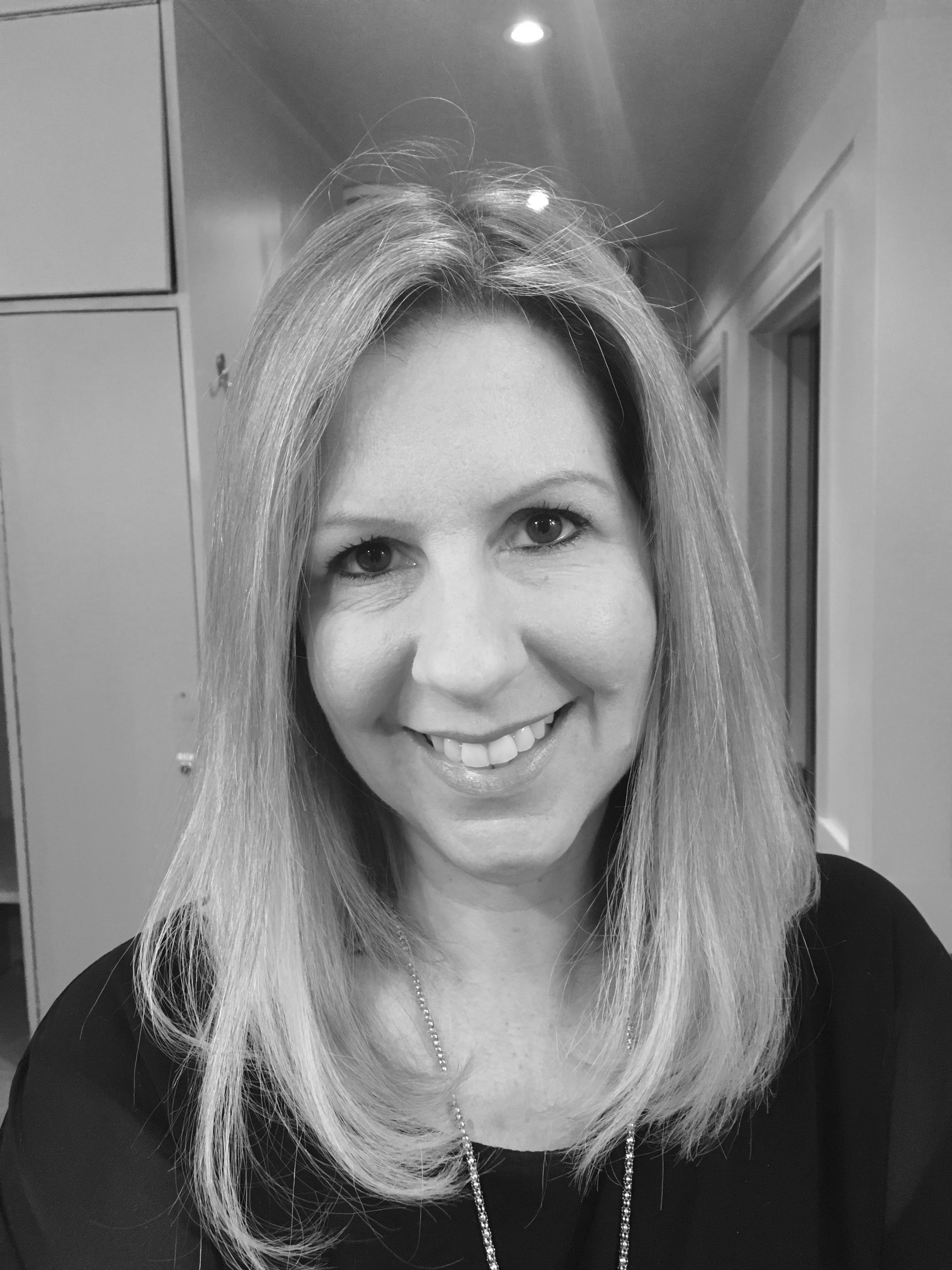Who is responsible for the drop in students coming into the beauty industry?

There's a major issue with the number of students entering the beauty industry, and you can see from the mergers happening in further education (FE) colleges, and the closure of private ones, that it’s only a matter of time before the bottom falls out.
How are we supposed to support the amazing array of spas, salons and clinics in the industry, which are opening faster than I can say “beauty therapist”, without the people power to do so?
There are several reasons this is happening, and I believe the biggest is changes within schools. The Government now requires students to stay in education until they are 18 years old or to join the workforce by way of an apprenticeship – in our sector this route has been contentious, with funding reduced to the point that most employers think it’s not worth wasting their time.
The crux of the issue
Meanwhile, a new report by think tank the Institute for Public Policy Research (IPPR), which Professional Beauty reported on last month, revealed that schools are preventing pupils from finding out about A Level alternatives because they don’t want to lose sixth form funding.
It stated that fewer than two fifths of secondary schools have been complying with the legal requirement to allow colleges to advertise vocational qualifications to pupils from the age of 12, with many colleges complaining of “selective compliance”.
Secondary schools are doing all they can to keep their students for as long as possible, so we need to be doing even more to encourage students into the industry.
We have lots of information available to those already in the sector in the form of magazines, online platforms and recruitment opportunities; however, we’re talking to the same pool of people.
What can the industry do?
We’re living in an age where it’s vital to think outside the box with our messaging. With gender-neutral statuses taking on a bigger role in society, and vocational colleges complaining of a falling female workforce entering the industry, it’s clear we need to encourage a wider audience to enter the beauty market.
It raises the question of whether we should streamline our roles better? For example, with the rise of wellness, does the word “beauty” still adequately apply to all that we do for clients? Plus, would it be more appealing to students of both sexes to have the title of aesthetic or holistic therapist rather than beauty therapist, showing a greater range in what the sector does?
Secondary schools are never going to sell ours or any other vocational offering on our behalf, so it’s important to maintain relationships with school career advisors. It’s up to us to reach our audience in a way that will engage and encourage them, and social media can play a big part.
It would great to see a national “we need you” campaign launched, backed by beauty employers and educational authorities, to enroll the next generation of treatment professionals to secure our industry’s future success.
 Jo Harris is general manager of The London School of Beauty and Make-Up, part of Urban Retreat group. She’s also founder of consultancy Business of Beauty. Her revious roles include general manager of Urban Retreat salon in Harrods.
Jo Harris is general manager of The London School of Beauty and Make-Up, part of Urban Retreat group. She’s also founder of consultancy Business of Beauty. Her revious roles include general manager of Urban Retreat salon in Harrods.


